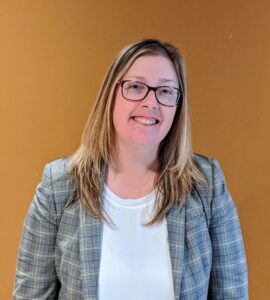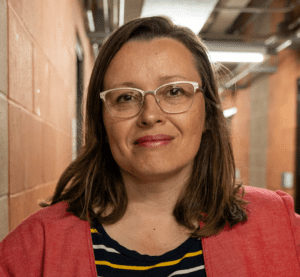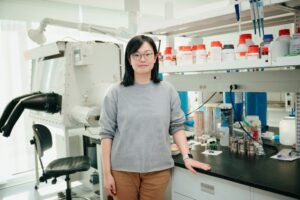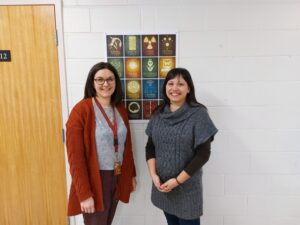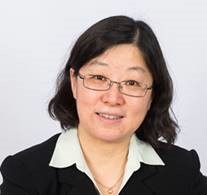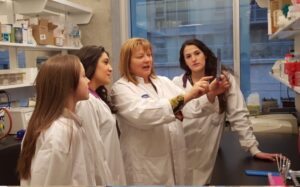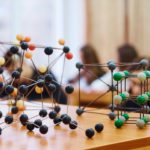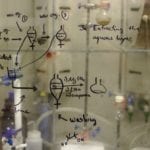In honour of International Women’s Day 2024, the Canadian Journal of Chemistry presents a curated collection of papers published in the last five years with women from Canadian universities as corresponding authors. It celebrates women from across the Canadian chemistry landscape, both in terms of chemical division and geographical location. While the collection highlights the outstanding work done by these scientists and their teams, we also reached out to ask some of the authors to reflect on their experiences.
We’d like to acknowledge the extra work and time that each of these people devoted to responding to these questions amidst their demanding research, jobs, or personal lives. We continue to be thankful for those who take on this labour to pave the way for others walking similar paths. Representation matters deeply.
No individual experience can be generalized, and it can be jarring to try to break down your experience into the context of belonging to a certain group. With equity, diversity, and inclusion (EDI) movements gaining traction across chemistry, being a visible member of an underrepresented group can often be tiring. Choosing to take on additional work to drive cultural change within a field is hard, and protecting your work as a scientist while choosing when to engage—or not to engage at all—is sometimes harder.
As one of our interviewees, Prof. Alison Thompson at Dalhousie University, notes, “I find these questions excruciatingly difficult to answer, perhaps because I have spent a lot of my career trying to fit in rather than to dwell on what I am achieving (or not!) as a woman (rather than as a scientist).”
But it is also empowering and joyful to find people that share your experiences. This is true as well for people with intersecting identities as members of groups facing biases and discrimination because of their race, culture, language, gender, or sexuality.
With that duality in mind, this is a day to look back on everything we’ve accomplished, celebrate our peers, mentors, and trainees, and look forward to the challenges remaining with the trust in each other that changes will continue to be made. Finding community and support among peers who understand these unique challenges can be uplifting and affirming, and a shared voice is more powerful than a single one.
For a thoughtful reflection on International Women’s Day and its reflection on Canadian chemistry, we encourage you to read the introduction to our Canadian Journal of Chemistry “Women in Canadian Chemistry” collection, written by our Editor-in-Chief, Prof. Stacey Wetmore, and our Associate Editor, Prof. Mita Dasog.


